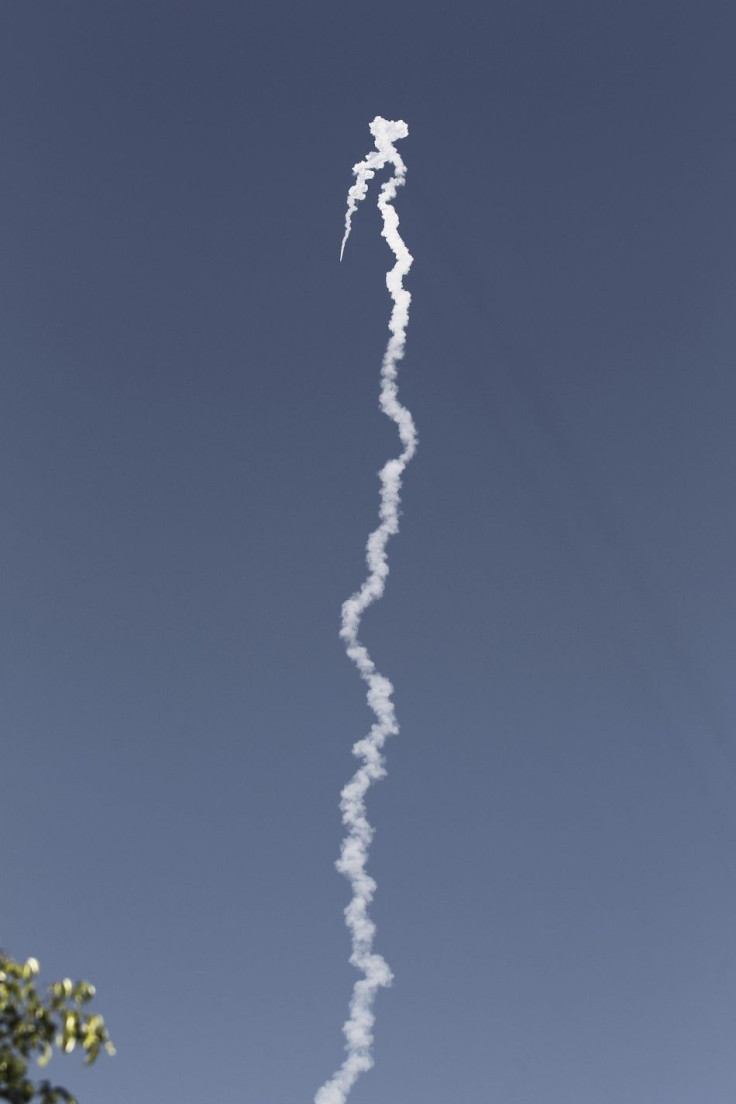Is Israel Heading for War with Iran?

A new poll shows the Israeli government would have significant support at home for a military strike against Iran's nuclear program.
The poll comes following reports that Prime Minister Benjamin Netanyahu was trying to persuade his Cabinet ministers to authorize such a strike and after Israel successfully tested a missile which is believed to be capable of carrying a nuclear warhead to Iran.
Reportedly, the Israeli Cabinet was debating whether to authorize launching airstrikes on Iranian nuclear sites in the coming weeks. Netanyahu and Defence Minister Ehud Barak are said to be lobbying in favor of action, but other senior ministers are urging caution.
In response, Iran has warned, as it has in the past, that any attack by Israel would result in retaliation against the U.S. Iranian news agency ISNA quoted Hassan Firouzabadi, Iran's military chief, as saying: The Zionist regime's military attack against Iran will inflict heavy damages to the U.S. as well as the Zionist regime.
Israel test-fired a rocket propulsion system capable of striking Iran Wednesday, adding to speculation over its intentions regarding military action. However, defence officials said the exercise had been planned for a long time.
The Guardian reported Wednesday that Britain's armed forces were stepping up their contingency plans for potential military action against Iran amid mounting concern over Tehran's nuclear program.
© Copyright IBTimes 2024. All rights reserved.











